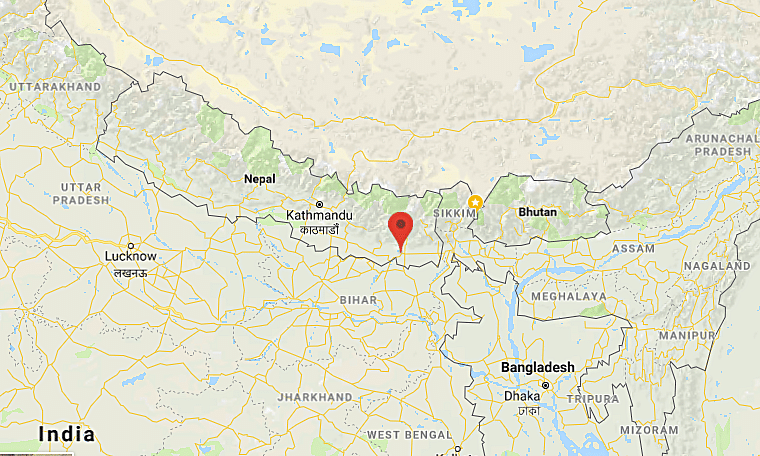Insta
US Designates Nepal As ‘Biggest Hub’ Of Indian Mujahideen; Report Blames Open Border, Insufficient Security Measures

Representative image
The US State Department’s Country Reports on Terrorism 2018 which was released in end-October says Nepal “is now the biggest hub of Indian Mujahideen (IM) operatives”. The comprehensive report is compiled every year.
The report notes that the IM was designated by the US as a ‘Foreign Terrorist Organisation’ (FTO) on 19 September, 2011. The IM, it states, “ is responsible for dozens of bomb attacks throughout India since 2005 and has caused the deaths of hundreds of civilians”.
The report also says that the IM “maintains ties to other terrorist entities including Pakistan-based Lashkar-e-Taiba, Jaish-e-Mohammad, and Harkat-ul-Jihad Islami”. “The IM has also expanded its area of operations into Nepal, which is now the biggest hub of IM operatives,” says Chapter V of the report. This chapter deals with FTOs.
Chapter 1 of the voluminous report that deals with specific countries explains why Nepal has emerged as a hub of the IM. “Due to Nepal’s open border with India and insufficient security protocols at the country’s sole international airport in Kathmandu, Nepal has and could continue to be used as a transit or staging point for international terrorists,” it states.
Raising serious concerns over “weak and inadequate” of security controls at Tribhuvan International Airport, the report makes some shocking revelations. The airport does not pre-screen passengers, landing data (names and details of passengers arriving) are not fed into any database, physical checks on passengers are rudimentary, there is no travel document security and modern gadgets to detect fraudulent travel documents are absent.
The US State Department report also raises concerns over the porosity of the 1758-kilometer-long Indo-Nepal border. “The border has few checkpoints, there is lack of sufficient security control,” the report states, noting that most people crossing the border are seldom checked and it is very easy to circumvent check-points to avoid scrutiny.
Lack of resources -- personnel, training, technology, databases, basic equipment, and even electricity -- hampers effective border controls. Widespread corruption among border guards and immigration officials are added constraints, the report says.
Lack of security at Kathmandu’s airport and the highly porous international border with India, the US State Department says, has resulted in IM operatives finding safe havens in Nepal and establishing a strong base in the Himalayan nation.
Support Swarajya's 50 Ground Reports Project & Sponsor A Story
Every general election Swarajya does a 50 ground reports project.
Aimed only at serious readers and those who appreciate the nuances of political undercurrents, the project provides a sense of India's electoral landscape. As you know, these reports are produced after considerable investment of travel, time and effort on the ground.
This time too we've kicked off the project in style and have covered over 30 constituencies already. If you're someone who appreciates such work and have enjoyed our coverage please consider sponsoring a ground report for just Rs 2999 to Rs 19,999 - it goes a long way in helping us produce more quality reportage.
You can also back this project by becoming a subscriber for as little as Rs 999 - so do click on this links and choose a plan that suits you and back us.
Click below to contribute.
Latest